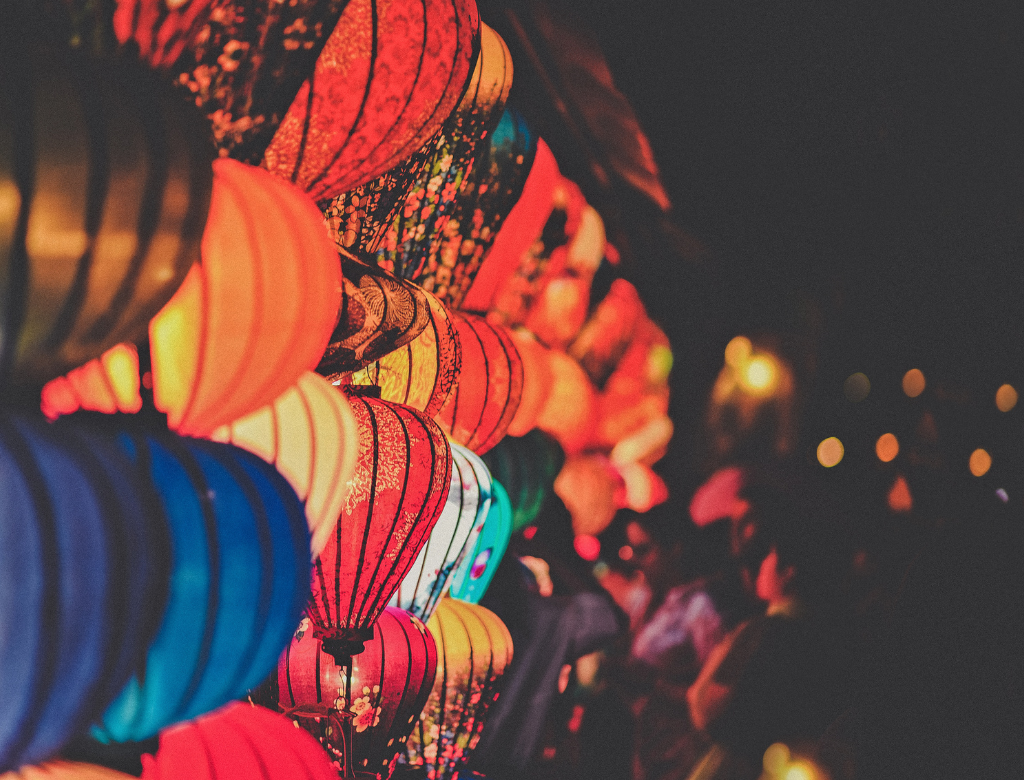The Significance and Social Role of Festivals in Japan
The Significance and Social Role of Festivals in Japan
Japanese festivals are more than just entertainment or annual events; they hold deep social significance. This article explores the role festivals have played in Japanese society, focusing on community cohesion and the importance of cultural transmission.
Community Cohesion
Festivals play a crucial role in strengthening community bonds. Residents come together for a common purpose, deepening connections within the community. The preparation and management of festivals require cooperation and mutual understanding among locals. For instance, carrying a mikoshi (portable shrine) is a symbolic activity where young community members work together, enhancing community ties through teamwork.
Cultural Transmission
Festivals also serve as a vital means of passing down Japan's rich culture and traditions to future generations. Many festivals incorporate unique historical tales and legends of the region, perpetuating these stories through the festival. Traditional dances, music, and plays based on myths performed during festivals form cultural identities and provide valuable opportunities to educate the younger generation about ancient traditions.
Festivals nurture a sense of unity within local communities and strengthen cultural identities, while preserving Japan's diverse cultural heritage. Through these festivals, Japanese society can convey and maintain its underlying values and traditions for future generations.




Comments
Post a Comment